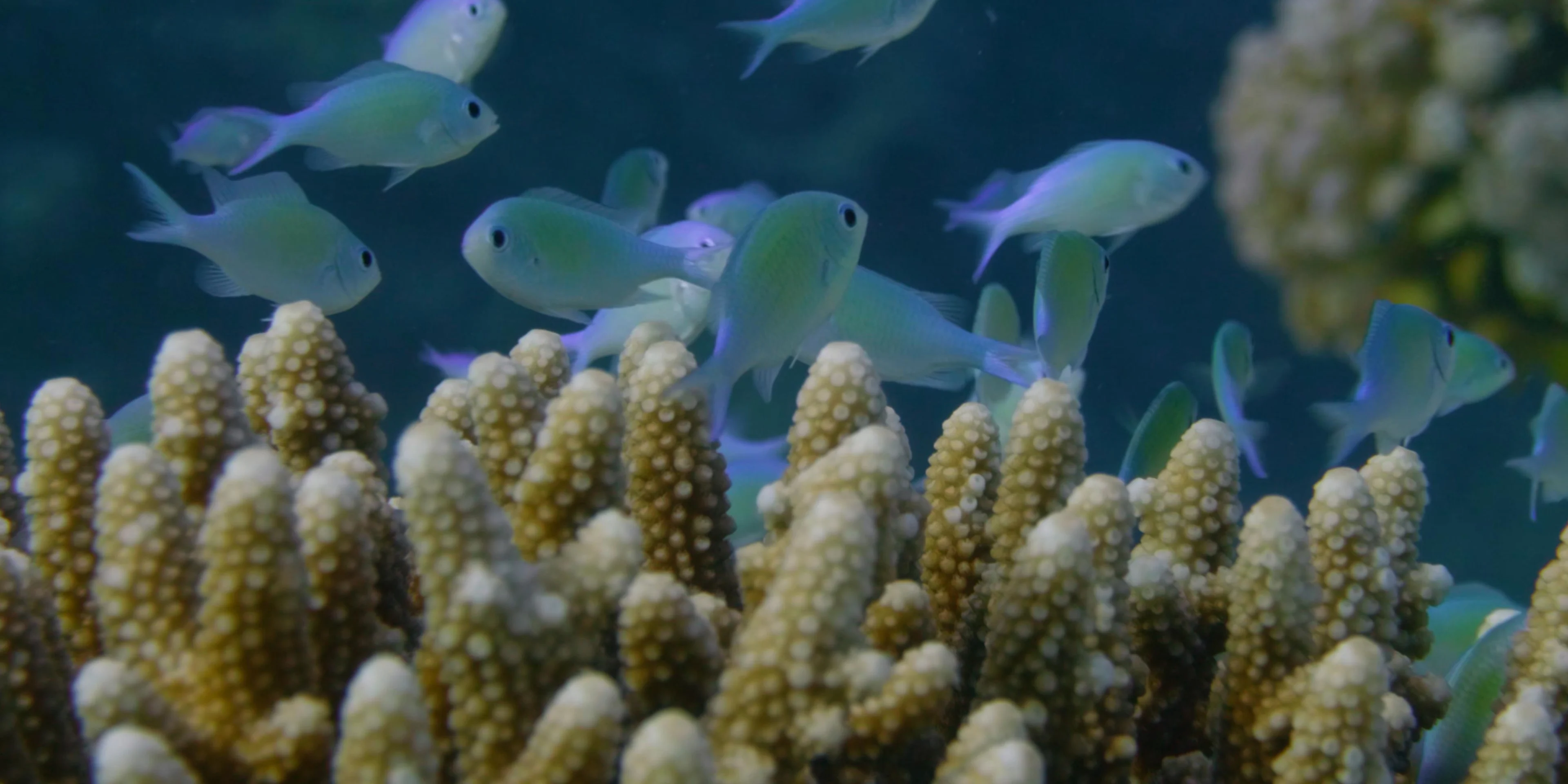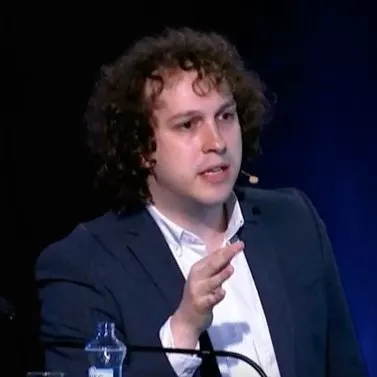
Sustainability
4 minute read
Biodiversity and climate change – two sides of the same coin
There’s plenty of focus on our changing climate – but less on the impact on biodiversity. Why is that, and why does that need to change?
We all know the drill by now - the world is warming at a rate that we’re struggling to manage. We have faced record-breaking weather-events. Climate change has rapidly become an emergency.
With this in mind, it seems only right that climate change should be top of mind as we take action and seek to leave a healthier planet for our children. But has our focus been too narrow? The erosion of biodiversity has fallen into the shadow of global warming, and yet in truth this is at our peril; the health of one depends on the other.
Both are indeed inextricably intertwined: climate change is a main driver of biodiversity loss, and the destruction of ecosystems undermines nature’s ability to regulate greenhouse gas emissions, exacerbating extreme weather. It creates a vicious cycle that accelerates further climate change, which then impacts greater biodiversity.
“They’re really closely linked,” says Asta Soininen, associate for sustainability and regulations at Neste, the world’s leading producer of sustainable aviation fuel and renewable diesel, and renewable feedstock solutions for various polymers and chemicals industry uses.
Trying to tackle one without the other is not effective: “Biodiversity helps prevent carbon sinks for example, so by protecting it you’re doing work to prevent climate change,” she explains.
Getting involved in protecting biodiversity
Soininen thinks that the limelight has been on climate change at least in part because climate action is something that everyone already knows how to get involved in in an accessible way. Work is still needed to get to the same level of awareness with biodiversity.
“People can take simple actions to cut back emissions by for example looking at their energy use or their food choices,” she says - an important next step is to raise awareness of similar parallels to easily protect biodiversity, starting with a respect for nature.
It’s also more challenging to see the impact of biodiversity change, says Edward Pollard, strategic director for nature strategies at The Biodiversity Consultancy.
“Extreme weather events are startling and dramatic, and get people’s attention,” he says.
He suggests that for Average Joe the degradation of biodiversity can be difficult to perceive or can seem less dramatic - particularly for someone who doesn't go out and experience nature regularly.
Pollard explains: “If you’re not an expert or a birdwatcher, you won’t notice there are fewer types of birds around. But you don’t have to be an expert to know: ‘Bloody hell, 40 degrees is really, really hot.’ I think there’s a visceral element to it there.”
A big issue is how much we have yet to learn about the various ecosystems around the planet, their delicate balance and interaction with their wider environment and indeed with the weather. Oceans for example are currently little understood, and how their wellbeing as an ecosystem impacts other ecosystems around them.
One thing we do know is that biodiversity and climate change go hand-in-hand - and so burying our heads in the sand about one while blindly focussing on the other is counterproductive.
The role of businesses and COP15 to protect biodiversity
So what needs to happen now? Soininen says: “A lot of companies already have ambitious climate commitments. I think that they should really raise their game to the same level with biodiversity.
“Companies also have vital role to help raise awareness of the issues relating to biodiversity - this is the only way we can get everyone involved and committed to take action from the grassroots up.”
Equally important are pan-global debates and solutions, including COP 15, a UN biodiversity conference held in Montreal from 7 to 19 December, 2022.
“We’d like to see a strong commitment to a new global biodiversity framework that has this central element of calling for nature recovery,” says Pollard.
Soininen agrees and adds: “I wish that we could agree on some basic level actions that all nations can start taking forward,” says Soininen, “Something tangible enough to start to at least work towards, for a common goal.”
Credits:
Chris Stokel-Walker, author, speaker and journalist whose work has appeared in BBC News, The New York Times and WIRED UK.
